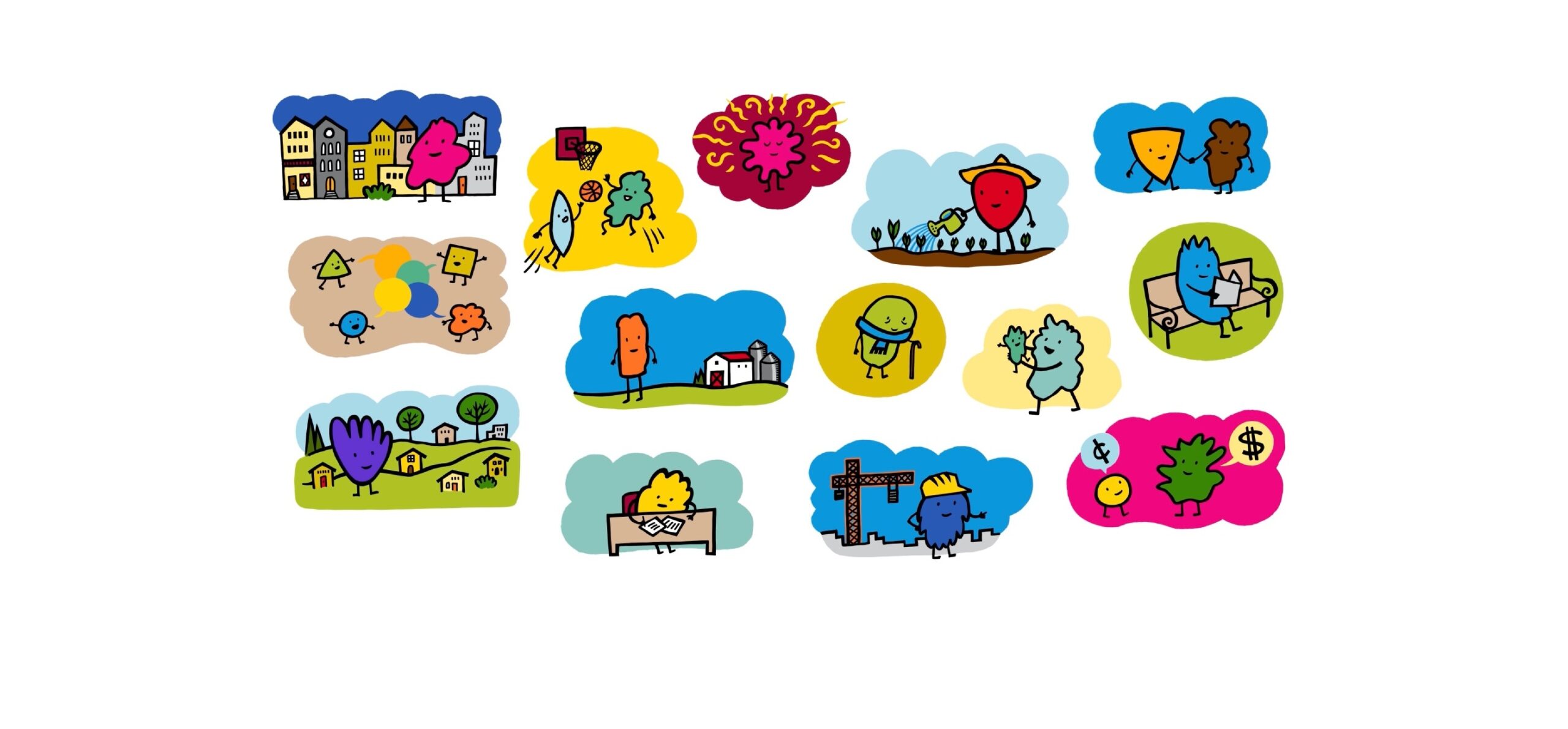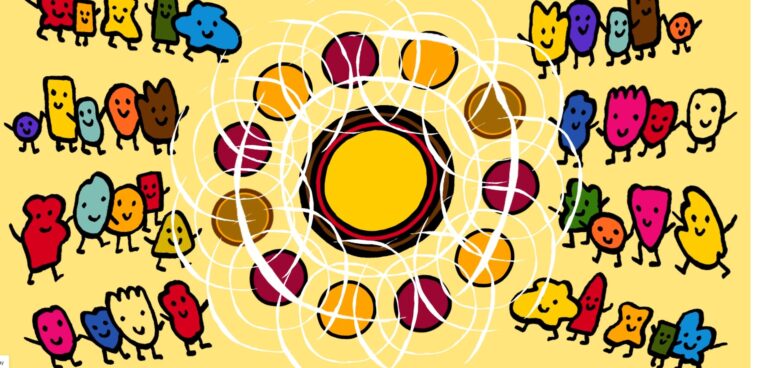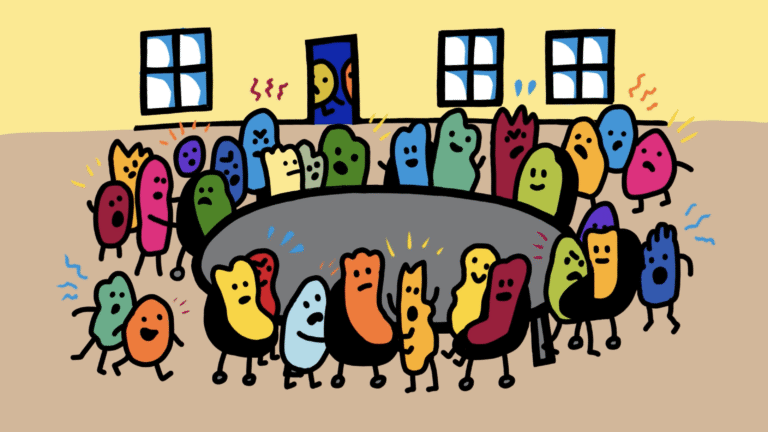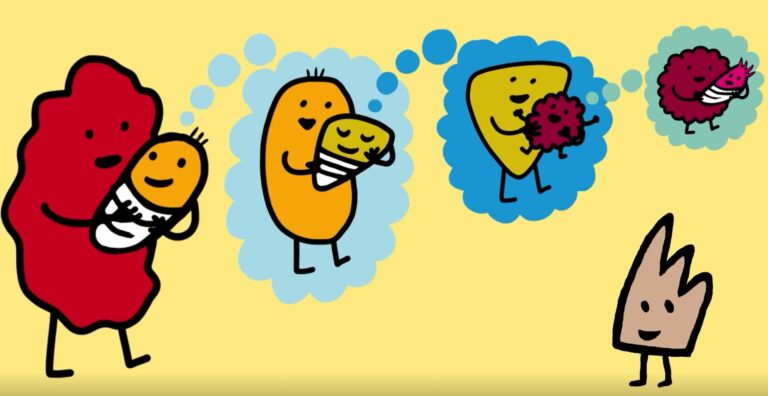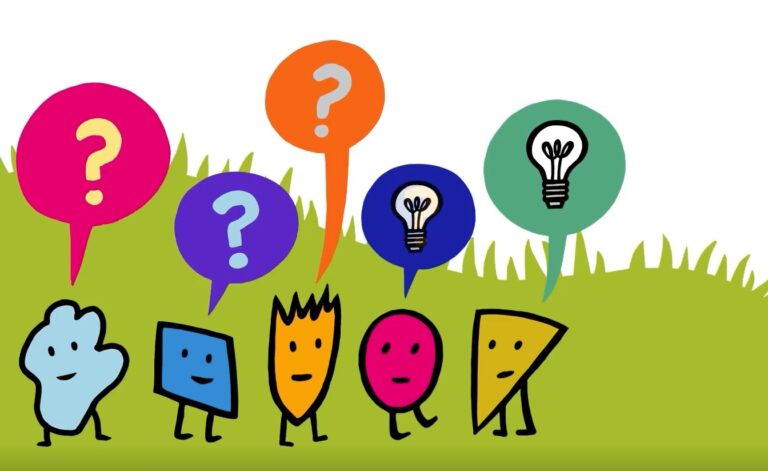Across public, private and non-profit institutions, failures of governance often become apparent only after a crisis erupts. Corruption scandals, institutional distrust, mass resignations. Below the surface, the root causes of such events ultimately point back to one thing: deficient governance. At its core, governance is about how we make decisions together – who is heard, how dissent is understood, and whether institutions can adapt to and even benefit from complexity, rather than suppress it.
This Policy Options series, produced with the University of Calgary Pluralism Initiative, explores new models of governance that can better meet today’s institutional challenges: polarization, short-termism and eroding public trust. The series argues that better governance is not merely about dusting off and rethinking org charts or increasing diversity on boards. It is about building systems capable of learning, listening and acting collectively without erasing difference.
From lessons drawn out of the Hockey Canada crisis to community-driven approaches being tested at the University of Calgary, the authors highlight how reciprocal accountability, Indigenous knowledge systems and facilitation-based leadership can transform institutions by giving rise to governance models that offer structure around inherent and unavoidable conflict, rather than allowing it to fracture relationships and suppress better outcomes.
